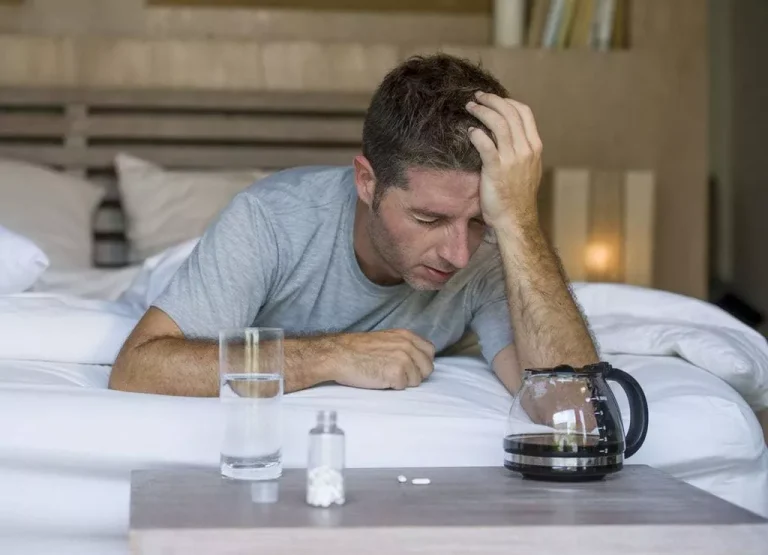Sober living
How to Let Go of An Addict You Love: Knowing When Its Time To Let Go

When I can’t stay over he starts to has too much to drink and is having a few cigarettes. Something I’ve heard from a couple people who are recovered addicts is that if an addict “really loves you,” they will go to treatment if you just stay consistent with them and don’t give up. I’ve probably latched onto this advice more than I should have as a reason to stay with the addict I’ve been with for about a year now, but I’m curious what other folks think. Do you think someone can truly love you, know that continuing their habit means losing you, and still not be ready to go to rehab?
- It’s common for people with substance use disorder to dismiss the risks.
- Choose to practice the healthier ways of loving your addicted person.
- Encouraging treatment and therapy can be instrumental in helping them maintain their sobriety.
- Coming face-to-face with reality means accepting that parts of your life may be out of control as a result of loving someone who is engaging in addictive behaviors.
- The test is free, confidential, and no personal information is needed to receive the result.
Continue Reading

This can lead to conflict and a breakdown in trust. The use of drugs or alcohol can alter perception, making it challenging for individuals to engage in open, honest dialogue. As trust erodes due to broken promises and deceit, feelings of betrayal and insecurity can arise, further complicating the partnership. Single recovering addicts may face challenges in maintaining healthy relationships due to issues such as substance cravings, mood swings, and mental health challenges.

What are the Outcomes of Medication Assisted Treatment (MAT)?

Taking care of yourself ensures that you have the strength and resilience to be there for your partner. Engaging in self-care activities and seeking support from others who understand your situation can provide the necessary emotional support and guidance. Substance use disorders affect biological functioning, dominating the brain’s reward system, affecting emotional regulation, motivation, impulse control, and pleasure-seeking behaviors. The brain and body become dependent on an outside substance to create feelings of happiness and well-being—and, at advanced stages of the disease, to simply maintain the ability to function. Customers find the book well-written, easy to read, and helpful.
Lifestyle
Discover methods for prevention, loving an addict treatment, and support. Explore the promises of recovery, a transformative journey unlocking self-acceptance, hope, and renewal. Explore effective medications to help stop drinking, and take a step towards liberating yourself from alcoholism. Substance abuse is often seen as a symptom of a deeper unresolved psychological issue.
It’s not news that many family and friends get caught in the “cycle of addiction” and don’t know how to untangle themselves from the spiral of destruction the addict is engaging in. The ongoing lies and the broken promises, the constant worry and fear, the dwindling hope that someday things will change. By taking responsibility for someone else’s substance use, you might be forcing yourself into a constant state of worrying about something that is outside your control. By taking a step back and surrendering that responsibility, you can let go of displaced anxiety. Letting go of the need to be their savior may involve a grieving process, and it may be a good idea to seek support.
When you’re living with an addicted person, you should expect to be let down over and over again. They’ll break promises, forget important dates and miss events with family and friends. No matter how many times your partner says they’re sorry, they’ll continue abusing your trust. Even the best intentions won’t make a difference if the addict or alcoholic continues to abuse substances.
The Promises of Recovery

Enabling an addict refers to behaviors or scenarios where you’re removing consequences from the behaviors of the addict. It can be as simple as lying for https://ecosoberhouse.com/article/how-to-get-someone-into-rehab-guide-for-families/ the person or covering for them. When you love an addict, you may constantly feel that you’re on edge, or worried when that dreaded phone call is going to come. It has been said that the least favorite word for an addict to hear is “No.” When addicts are not ready to change, they become master manipulators in order to keep the addiction going. Their fear of stopping is so great that they will do just about anything to keep from having to be honest with themselves.
- By looking after yourself, you’ll be better prepared to support your loved one through their recovery, even during tough times like relapses.
- I will feel guilty if I don’t move things around to make money for it.
- If you find yourself constantly stressed, anxious, or in danger because of the addiction, it is paramount to prioritize your own well-being and prioritize leaving the relationship for your safety.
- For example, you might be keeping the “drama” going by lending money to your addicted loved one.
- As trust erodes due to broken promises and deceit, feelings of betrayal and insecurity can arise, further complicating the partnership.
Despite the horrible things he did behind my back, I love him. Now I have been honest with our friends about what I have cleaned up and protected them from. So many emotions and fears but I have to respect his wishes and go and protect myself and rest from all the worry and heartache and let downs. He says he knows his life has to change but refuses that he is an addict. I’m one of the few people in his life not addicted to cocaine and he has pushed me away. I can only pray something clicks before he destroys himself.

Does Where You Live Make a Difference in Your Drug/Alcohol Recovery?
- Weve always made a good team & made decisions together but this way is my only hope of saving my marriage and the emotional stress for our two children aged 12 and 8.
- Additionally, it can ruin relationships and finances, leaving you feeling helpless and depleted.
- Accepting the partner has a problem and seeking help based on this is one way of acknowledging your needs.
- Substance abuse changes the structure and chemical balance in the brain.
I don’t know your age, but for us, we are 60 years old and so I don’t have to worry about him being there as a dad to my children, or being financially dependent on him. When there is a shift, and he becomes moody, angry or could financially sink me, then I’m out. Once you’ve been let down so many times, you do start withdrawing in self preservation.Get your plan B ready.
